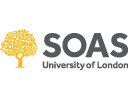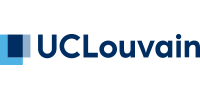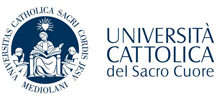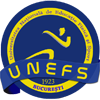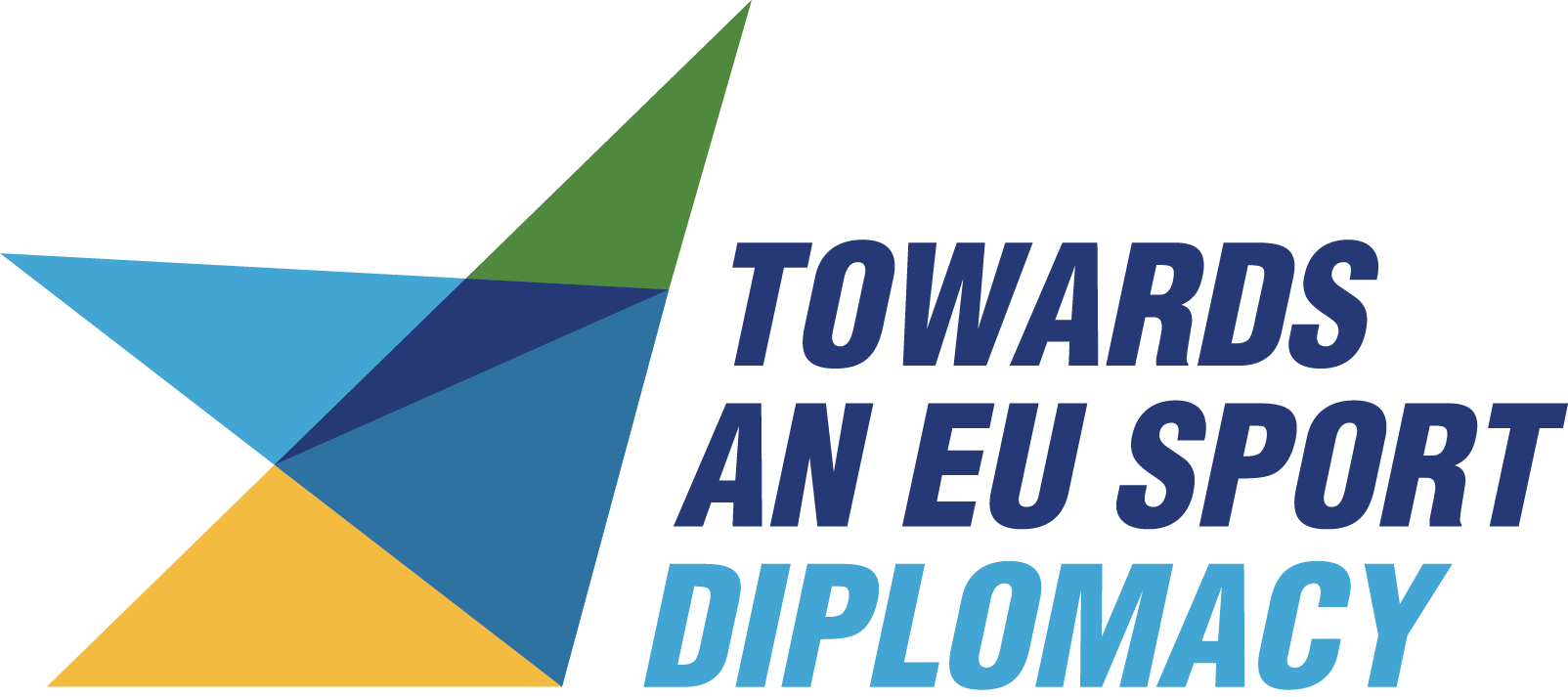
Story 3 from FC Internationale Berlin 1980 e.V., Germany
It is estimated that there are currently around 320,000 people with intellectual disabilities (ID) living in Germany. Only about eight percent of them train regularly in a sport. Very few sports clubs are open to this group of people, and inclusive offerings for active people with and without disabilities are the great exception.
This is why the TES-D pilot initiative envisaged a collaboration between civil society (non professionals sports club FC Internationale Berlin 1980 e.V), a disability sports organization (Special Olympics Germany) and a sheltered workshop (Berliner Werkstätten für Menschen mit Behinderung GmbH) to provide a best practice and replicable model to a local community on how to integrate people with ID in and through sports.
This collaboration resulted in the offering of an inclusive trial day in football and the build-up of a regular sports offering for people with ID at the local facilities of FC Internationale. In terms of legacy and scalability, the project delivered a practitioner’s guide on how to encourage and promote effective civil society partnerships, building on the experience and resourcing strategies of partnerships between the sports and the development sector at a local level.
Thus, it was not only contributed to the Sustainable Development Goal (SDG) number 17.17, but also to SDG 10.2 to empower and promote the social, economic and political inclusion of all, irrespective of age, sex, disability, race, ethnicity, origin, religion or economic or other status."
The initial pilot action lasted from the beginning of the year 2022 until the end of October. The main milestones were the organization of the inclusive trial day in April, followed by the regular training sessions for people with ID. Compared to the initial plan, one change was made at the end of the project. In spite of a digital dissemination event for other clubs it was decided that FC Internationale invests in an external fundraising consultant that is working on a grant plan especially for inclusion projects in and trough football.
This is a key milestone for the legacy aspect to build upon the experiences next year with further resources (staff and other costs). In addition to this, the club purchased specific oval-shaped footballs that will enhance the cooperative game of people with and without disability in the training sessions. As the ball bounces differently, the skill level is not the decisive factor within the game and it is more equal to all.
On the positive side, the activities of the club were spread across the year. After the trial day, there was the inclusive tournament of Berlin disability sports organizations at the Inter arena as well as the INTER Culture Cup, where the newly formed Unified team played and became second of the whole tournament. Lastly, BWB even became the German champion of the sheltered workshop competitions, a huge success for the team. Unfortunately, on the other hand, the complete Unified training sessions were difficult to organize due to the time slot of the BWB players and the Inter players. Thus, new emphasis should be put on the coordination of the two target groups for further exchange and cooperative structuring.
Where to go now?
It is believed that the pilot can be transformed into a full-scale project that aims at re-structuring the operations of the club and the coordination between sporting field plus the administration of a sheltered workshop. Considering the Special Olympics World Games 2023 in Berlin, it is the perfect momentum that needs to be grasped. When reflecting upon the different activities and news around inclusion within the club, it is believed that the topic has reached a greater audience than ever before. It is one step towards reducing barriers in and through football.
In this video, FC Internationale Berlin 1980 e.V from Germany tells us about their pilot action. Anton Klischewski explains that inclusion is an important focus of FC Internationale Berlin 1980’s diplomatic work. Find out why they see grassroots sport diplomacy as an effective agent of change.



